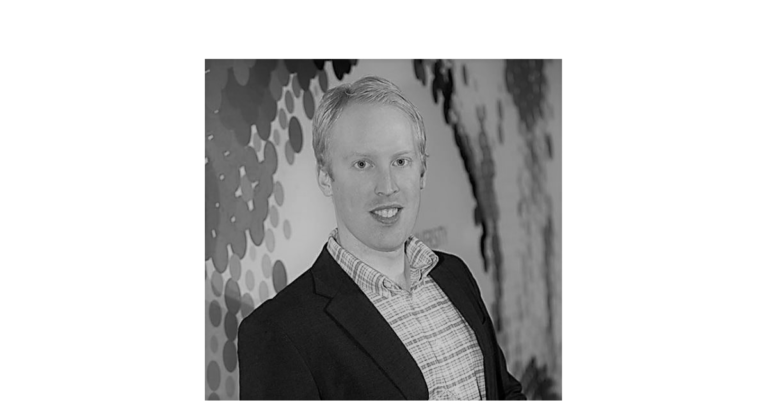
Q&A with Dr. Harris Eyre, Psychiatry Trainee, Pharmacogeneticist
By Gloria Onwneme, Medical Student, University of Nottingham, UK Dr. Harris Eyre, MD, PhD, Fulbright ... Read more
Written by: Gloria Onwuneme
Published on: March 12, 2018

By Gloria Onwneme, Medical Student, University of Nottingham, UK Dr. Harris Eyre, MD, PhD, Fulbright ... Read more
Written by: Gloria Onwuneme
Published on: March 12, 2018
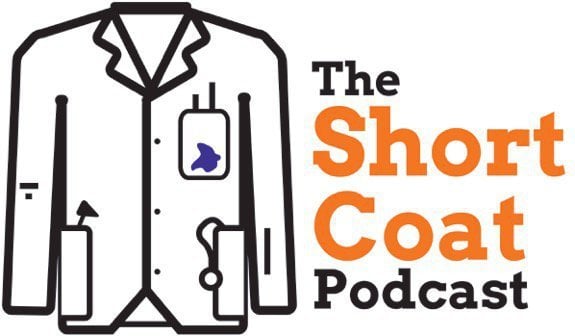
Sometimes the requirements aren’t required. Annie wrote in to [email protected] to ask Kaci McCleary, Erik Kneller, Gabriel ... Read more
Written by: The Short Coat Podcast
Published on: January 19, 2018

Dr. Suzanne Tharin, MD/Ph.D., is an Assistant Professor of Neurosurgery at Stanford University and a ... Read more
Written by: Gloria Onwuneme
Published on: December 20, 2017
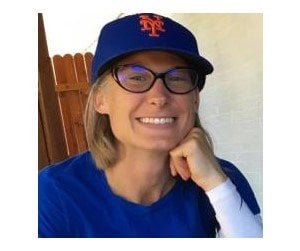
Dr. Mary Jean M. has spent the last decade researching in various laboratories, from plant ... Read more
Written by: Mary Jean M
Published on: November 1, 2017

Undergraduate students do not need told, again, how important it is to be involved in ... Read more
Written by: Brent Schnipke
Published on: October 4, 2017

Maxine Mackintosh (BSc MSc) is a PhD student in data science at University College London, ... Read more
Written by: Gloria Onwuneme
Published on: August 2, 2017

When medical students start to think about areas of practice to specialize in once they ... Read more
Written by: Brian Wu
Published on: March 21, 2017

In an ideal world, your first attempt at applying to medical school would also be ... Read more
Written by: Cassie Kosarek
Published on: March 8, 2017

As a child, José Cavazos, MD-PhD, was a self-proclaimed “book rat”. So, it makes sense ... Read more
Written by: Suzanne Barston
Published on: January 23, 2017

Brian Baxter, PhD, is a current postdoctoral scholar with the DeRisi Group at University of ... Read more
Written by: Juliet Farmer
Published on: August 22, 2016

The AMCAS application to medical school asks for a lot of information about yourself. It ... Read more
Written by: AAMC Staff
Published on: May 12, 2016

As an undergrad, one of the reasons you devoted so much time to a research ... Read more
Written by: David Oppenheimer
Published on: March 21, 2016

For most researchers, working in the lab over a holiday break is somewhat different from ... Read more
Written by: Paris Grey
Published on: March 8, 2016
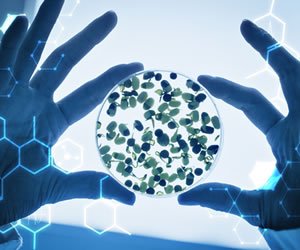
So far, the vast majority of the undergrads I’ve trained during my research career have ... Read more
Written by: David Oppenheimer
Published on: January 21, 2016

Author’s Note: It is widely believed (and for good reason) that undergraduate research positions are highly ... Read more
Written by: David Oppenheimer
Published on: January 5, 2016
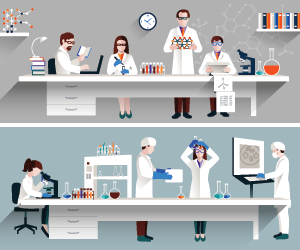
When selecting your classes each semester you apply a methodical approach. You no doubt consider ... Read more
Written by: David Oppenheimer
Published on: December 7, 2015

By Michelle Finkel, MD with CrispyDoc You put your heart and soul into your compelling, ... Read more
Written by: Michelle Finkel
Published on: November 6, 2015

Even if you have previous lab experience from a high school or college lab class, ... Read more
Written by: Paris Grey
Published on: October 23, 2015

There is only one guarantee in research: sometimes things fail. It doesn’t matter what your ... Read more
Written by: Paris Grey
Published on: August 28, 2015